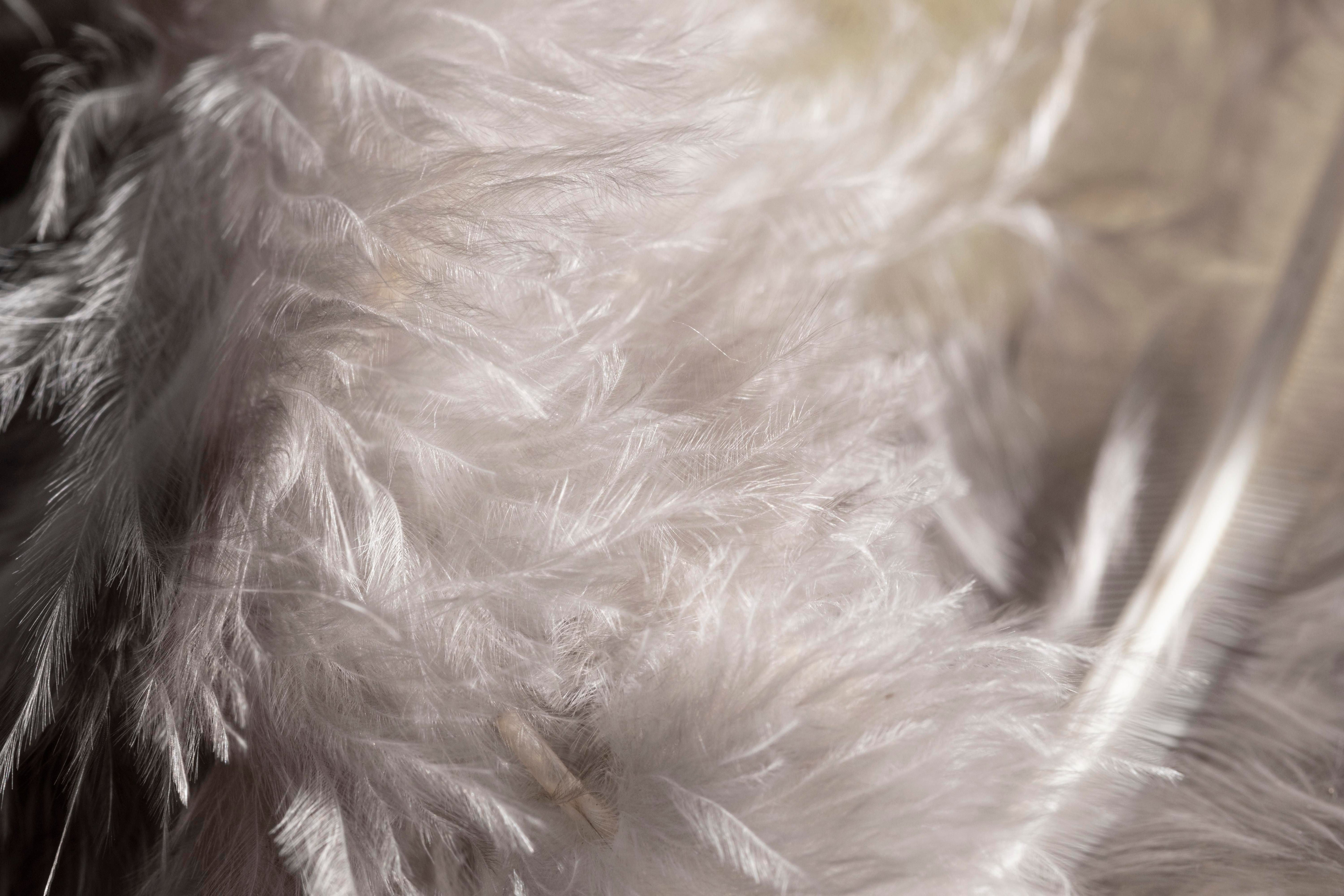Is your duvet starting to feel a little flat or not as cosy as it once was? If so, it might be time to upgrade—and two of the most popular luxury choices are feather and down duvets. But how do you decide which one is right for you?
Both options offer incredible comfort, warmth, and natural breathability, but they also come with their own set of pros and cons. In this blog, we’ll walk you through the key differences between feather and down duvets so you can find the perfect fit for your sleep style. Feather and down duvets contribute to a blissful night’s sleep by maintaining optimal body temperature and
What’s the Difference Between Feather and Down Duvets?
Choosing the right filled duvets and pillows is an important factor for achieving comfort and consistent support when you sleep. The importance of the filling material in bedding, particularly the differences between down and feathers, cannot be overstated, as it affects the loft, warmth retention, and overall comfort of products like duvets, pillows, and mattress protectors.
Down pillows are often highlighted for their luxurious qualities and the differences between types of down and feather fills. Feather and down-filled products offer natural insulating properties, breathability, and overall comfort.
Here are some key considerations to help you make an informed decision.
| Feather Fill | Down Fill |
|---|---|
|
The feathers are found on the outer layers of the bird, covering areas like the back and wings. |
The down is located at the sub-layer beneath the bird’s outer feathers, providing insulation. |
|
Feathers are larger and contain a spine (quill), giving the duvet a chunkier feel. |
Down fibres are light, fluffy, and quill-free, offering a softer touch. |
|
Feathers are heavier and flatter, often blended with down for a plumper feel. |
Down is light and airy, excelling at trapping heat while remaining breathable. |
Understanding Fill Materials: What’s Inside
What is Down?
Down is the soft undercoating beneath a bird’s tougher exterior feathers. The unique structure of down feathers, with their round centre, enables them to trap air effectively.
Each down cluster is made of delicate strands that form a round core, creating small pockets that trap warmth but also allow the air to penetrate. The size and shape of these down clusters, especially larger ones from Hungarian geese, enhance the loft and overall quality, making them ideal for luxurious bedding options. This is the reason why down is able to perform so well.
Similarly, a down pillow offers softness, lightness, and insulative properties, making it an excellent option for various sleeping preferences.
Perks of Down Duvets:
-
Light & Airy: Perfect for those who like a cosy but not heavy duvet.
-
Superior Insulation: Traps air for excellent warmth while allowing breathability.
-
Long-Lasting: High-quality down can last for years with proper care.
What is Feather?
Feathers come from the outer parts of ducks or geese and are flatter with a firm quill.
These feathers have hair-like strands that radiate from the quill, contributing to their strength and functionality. Feather duvets are heavier and firmer, making them ideal for those who prefer more weight.
Perks of Feather Duvets:
-
Heavier Feel: Great for those who like a weightier duvet.
-
Supportive Structure: Quills provide extra firmness.
-
Affordable Option: Generally cheaper than down duvets.
Goose Down vs. Duck Down: Does It Matter?
When it comes to down, you’ll often see options for goose or duck down—but what’s the difference?
Goose Down: Larger, fluffier clusters and better insulation—the more luxurious choice.
Duck Down: Slightly smaller clusters, making it less insulating but more affordable.
Goose feather fillings are known for their superior quality and loftiness compared to duck feathers, providing a luxurious and soft sleeping experience.
Verdict: If you want premium warmth and loft, choose goose down. For a cosy duvet on a budget, duck down works perfectly.
Fill Power: What It Means for Your Duvet
Fill power measures the loft and insulating ability of down. Higher fill power indicates better insulation.
- High Fill Power (600+): Superior insulation and loft—great for colder climates.
- Lower Fill Power: Less insulation but lighter—ideal for warmer weather.
Storage and Maintenance
Proper care extends the life of your duvet. Follow these tips:
- Store in a Cool, Dry Place: Prevents the filling from breaking down.
- Use a Duvet Cover: Protects against stains and spills.
- Fluff and Shake Regularly: Maintains loft and even distribution.
- Follow Care Instructions: Adhere to manufacturer guidelines for washing and drying.
Final Thoughts: Feather or Down?
Choosing between feather and down duvets comes down to personal preference:
- Down Duvets: Lightweight, fluffy, and superior at insulation.
- Feather Duvets: Heavier, firmer, and more budget-friendly.
Need a middle ground? A feather and down blend offers the best of both worlds!Shop Duvets Now



